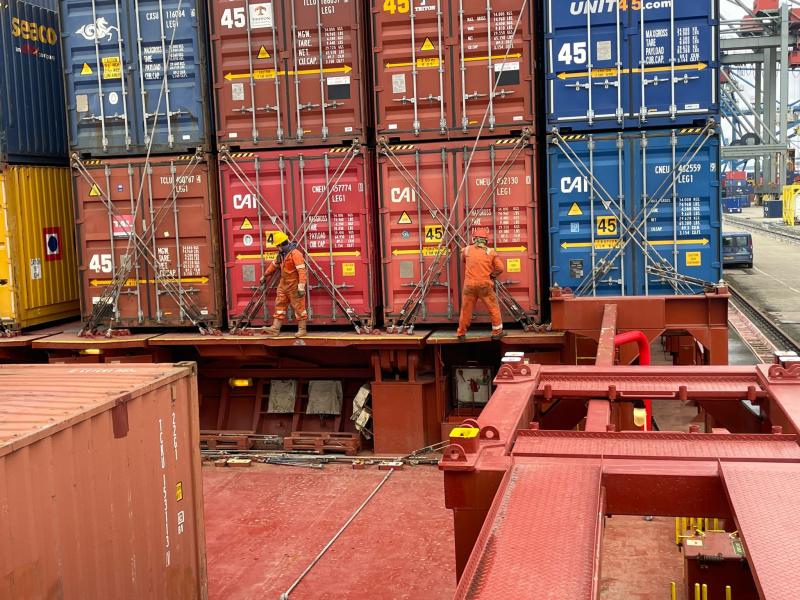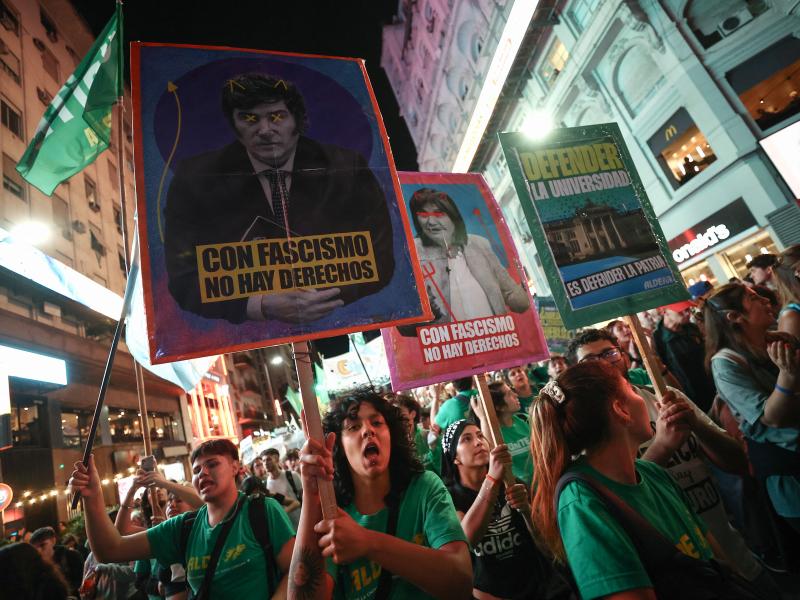The International Transport Workers' Federation (ITF) has issued a stark warning about the deteriorating state of workers’ rights worldwide and the grave threats to democratic foundations. In particular, the union has pointed to the situation in Eswatini, where the government's oppressive measures against workers and democratic freedoms have reached a new low.
The renewed focus on Eswatini comes after this year’s 2023 International Trades Union Confederation (ITUC) Global Rights Index shows the continuing deterioration of democratic rights and freedoms in the country. The report shows that this deterioration is part of a global trend, revealing that worker rights have been violated in a staggering 87% of countries within the past year.
Tragically, in Eswatini and seven other countries, trade unionists have paid the ultimate price for standing up for their rights. The ITF strongly condemns these regimes for either instigating or tacitly allowing such brutality, calling for an immediate end to these practices.
“Our hearts go out to the families and comrades of all those who suffer at the hands of these violent and anti-democratic regimes,” said Paddy Crumlin, President of the ITF. “But we stand in awe at the bravery and determination of so many workers who stand up and speak out for their rights, often at enormous personal risk.”
It is equally shocking how many countries which hold themselves up as bastions of democracy are failing on worker rights, Crumlin said. The US, Canada and several countries in Europe are among many which have been ranked by the ITUC as systematically or regularly infringing workers’ rights.
In reaction to strikes, for instance, the United Kingdom’s government brought primary legislation before parliament in January 2023 that would impose minimum service levels on railway and other workers. This saw the country move down to the ITUC rights index’s second lowest position - just one ranking above “no guarantee of worker rights at all”.
“No country is free until its people can peacefully organise and protest; say what they believe in without fear of retribution,” said Stephen Cotton, ITF General Secretary. “What we’re seeing isn’t a problem for a few. This is a global problem of potentially catastrophic proportions.”
The ITUC’s Global Rights Index has tracked the key elements of workplace democracy for 10 years, including the right to establish and join a trade union, the right to collective bargaining and the right to strike, as well as the right to free speech and assembly, which are fundamental in a healthy democracy.
In its report, the ITUC says a systematic dismantling of the building blocks of freedom and democracy is taking place through sustained attacks on workers’ rights and workplace democracy. For ten years, the Global Rights Index has recorded an alarming increase in attacks on free speech and assembly from 26% of countries in 2014 to 42% of countries this year.
In the midst of this global crisis, Eswatini stands out as one of the ten worst countries in the ITUC’s Global Rights Index. Under the government of King Mswati III, Eswatini has witnessed a brutal crackdown on opposition leaders, exemplifying the dire situation.
Sticks Nkambule, the General Secretary of the Swaziland Transport, Communication and Allied Workers Union (SWATCAWU), and his family were threatened by armed government forces led by a known killer. Nkambule's union had organised a legitimate "job stay away" protest to demand improved working conditions and the release of two members of the Eswatini Parliament from prison. Fleeing their home country, Nkambule now faces a baseless contempt charge.
Cotton highlighted that leaders like Mswati resort to outrageous tactics due to their lack of popular support within the country. However, he warned that rulers, in Eswatini and elsewhere, can only defy the will of the people for so long. The ITF, the ITUC, and numerous international organisations stand united with Sticks Nkambule, demanding urgent change in Eswatini.


